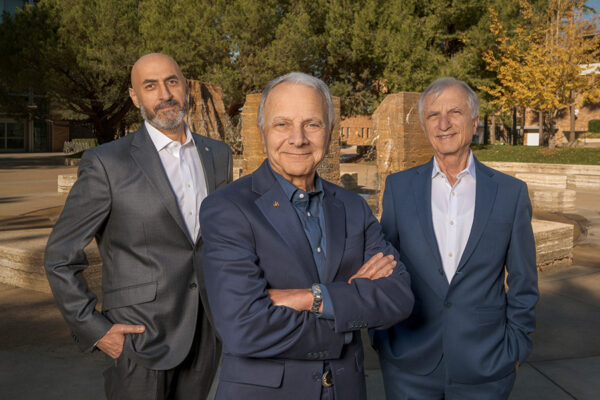On a chilly November evening in 2018, a student of mine named George went onto Wikipedia to submit an assignment. He was one of many to do so; in the last decade, I have overseen a total of 180 students who added a combined 65,000 words to Wikipedia articles. My students pick a topic they care about, find a reliable secondary source — a peer-reviewed source published with a reputable press — and hunt for an article on Wikipedia that they can improve with that source.
In George’s case, he wanted to write about Jewish life in postwar Poland. He and I picked out the book “Fear” by Jan Gross, who is widely considered one of the top authorities of our time on Polish Jewish history.
George and I expected his edits would go unopposed; instead, within hours, an editor called Xx236 posted an angry rebuttal, scoffing at the book’s reliability and hinting that postwar antisemitism was, in fact, the Jews’ fault. Taken aback at these fantastical accusations, I weighed in, and an entire debate ensued between several editors on whether Gross was reliable or neutral.
This incident served as a warning bell for me that something was awry on Wikipedia. I later discovered that this little battle was the tip of the iceberg, and that there was a whole group of editors advancing a distorted narrative of Polish history in multiple articles.
What followed was a two-year research project, undertaken with my University of Ottawa colleague Jan Grabowski, an expert on Polish Jewish history. Our study, published in February 2023 in the peer-reviewed “Journal of Holocaust Research,” exposed a persistent Holocaust disinformation campaign on English Wikipedia.
In 60 heavily footnoted pages, we examined two dozen Wikipedia articles on the Holocaust in Poland and more than 300 back pages (talk pages, noticeboards and arbitration cases — spaces where editors decide what the rest of the world will accept as fact).
To our dismay, we found dozens of examples of Holocaust distortion which, taken together, advanced a Polish nationalist narrative, whitewashed the role of Polish society in the Holocaust and bolstered harmful stereotypes about Jews.
People who read these pages learned about Jews’ supposed complicity in their own catastrophe, gangs of Jewish collaborators aiding the Gestapo and Jews supporting the communists to betray Poles. A handful of distortions have been corrected since our
publication, but many remain.
Our study went viral: While most academic papers, particularly in the field of history, have few views, our article received thousands of hits in its first two weeks alone. As of the time of this publication, we have more than 44,000 views, and the numbers go up daily. Newspapers in more than a dozen countries reported on our findings, including national outlets such as Der Spiegel in Germany.
The widespread interest in our findings reflects how much is at stake. It is not just the specific details we uncovered that matter — the disturbing distortion of the Holocaust — but the overall phenomenon of disinformation in this digital age. Wikipedia is the seventh-most viewed website in the world. For many, it is the first and only stop for information; therefore it’s crucial to keep it safe from disinformation.
Most people trust that Wikipedia’s editors will protect them from distortion and lies. After all, there are thousands of active editors on English Wikipedia, as well as hundreds of administrators and a 12-member Arbitration Committee, often dubbed Wikipedia’s Supreme Court. Above these volunteers towers the Wikimedia Foundation, with its 700-strong staff. Together, these comprise an entire security system.
The work I did with Dr. Grabowski showed that this system isn’t nearly as strong as we’d like it to be, and that it will take effort to fortify it.
Associate Professor of History Shira Klein focuses her research on Italian Jewry, Jewish migration and the Holocaust. Her 2018 book “Italy’s Jews From Emancipation to Fascism” was a finalist for the National Jewish Book Award.




